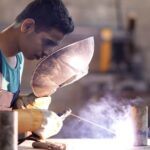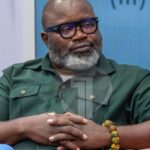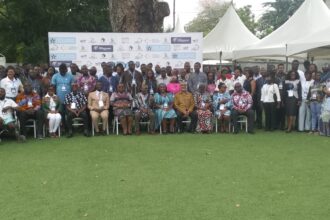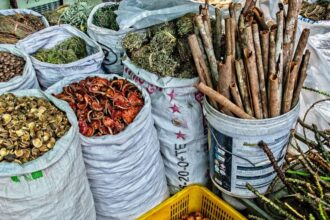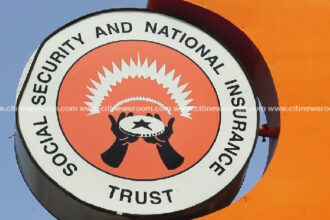Although Ghana has ratified and adopted various international agreements on the rights of People with Disabilities (PWDs), they continue to face various forms of discriminations at health facilities.
According to the 2010 census, 3.1 percent of PWDs in the country are females as against 2.9 percent of males; and in Eastern Region of the total population, the prevailing rate is 12.8 percent of PWDs out of which 13 percent of them are females.
Mr Yaw Budu, the Suhum Municipal Coordinator of the Ghana Society for the Physically Disabled (GSPD), told Ghana News Agency that they receive several complaints from their female members who attend health facilities.
The main thread that runs through, he said, is: “they make us look like inferior human beings”.
He said we need to pay attention to the fact that a person with various forms of disabilities and using a wheelchair or clutches is not the same as a person who has no deformity seeking medical care.
And much as we all experience similar ailments, those without disability concerns can move more freely whereas the PWDs suffer in silence, Mr Budu said.
Reports also show that poverty and illiteracy levels among PWDs are higher than people with no disability concerns and they find it difficult to have access to education and skills training due to the fact that there are no facilities to aid them.
Studies have also shown that people with lower education background coupled with poverty are likely to be susceptible to diseases and preventable deaths.
They are also more likely to indulge in complicated abortions and taking in various concoctions leading to complications in pregnancies, hence the need to provide PWDs with the needed facilities to ensure that nothing prevents them from accessing services at health facilities in time of pregnancies.
A study conducted by the Ghana News Agency in Suhum, a district in the Eastern Region, also revealed that access to maternal health remains a challenge to PWDs who get pregnant and want to access maternal healthcare at the various health facilities.
Many of the PWD nursing mothers told GNA that they delivered at home or with the aid of Traditional Birth Attendants since they were comfortable with their arrangements and support than that provided at the health facilities.
According to the female PWDs who spoke to GNA in various interviews at Suhum as part of a project funded by Pensplusbytes, a non- governmental organisation, to create awareness of the plight of PWDs, they expressed their preference to deliver at home than hospitals because of the difficulty they experience during Ante-natal care visits.
They called on government to provide access friendly health infrastructure to aid PWDs to be able to access healthcare without any obstacle on their way.
They said the delivery bed for instance is very high and so a PWD has to be lifted unto the delivery bed with support.
More so they said facilities including the washrooms were not friendly to them adding that some of the entrances of these health facility washrooms were not big enough for their wheelchairs.
A midwife at one of the Community Health and Planning Service (CHPS) centre in the municipality told GNA on condition of anonymity that sometimes it was difficult to care for people with disabilities especially those who were pregnant because they had to be given extra attention when it comes to times of labour and the facilities are not there.
She said the position of the delivery beds for instance was not accessible to a PWD unless she is lifted from the wheelchair and this puts some strain on the health workers.
Madam Akosua Buor, a 44 year old who uses a wheelchair, told GNA that she had three deliveries and during her first pregnancy, she tried to deliver at a hospital but due to the humiliation she experienced, she decided to give birth at home for the subsequent two.
She said when she went to deliver, the midwives looking at her condition refused to attend to her pretending as if she had to wait for a medical doctor.
She said struggled before being aided by the health workers to be lifted onto the delivery bed.
Another 47 year old PWD who also uses a wheelchair recounted how she always struggled before she gained access to the health facility saying that she had to beg passersby each time she went to antenatal clinic, to lift her wheelchair onto the pavement to get access to the place.
She said apart from the difficulty in getting access to the place, the derogatory remarks made by some health personnel and the general demeanour towards them led to her decision to give birth at home.
Source:GNA




